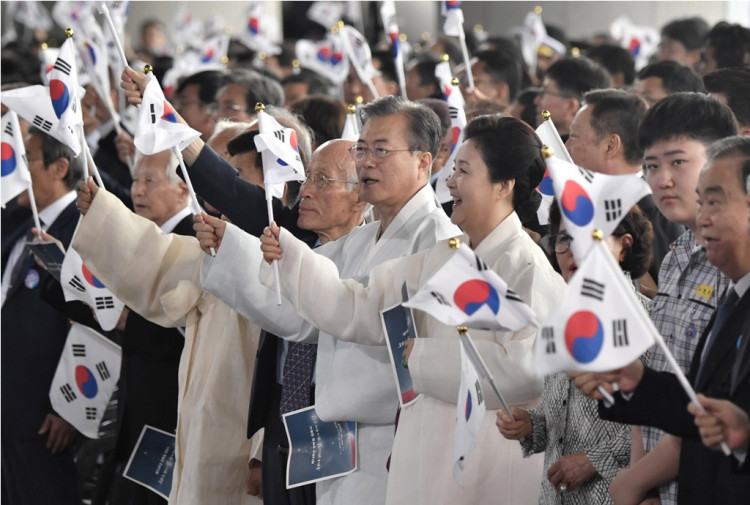The trade war with Japan is costing South Korea's factory production big as a recent survey revealed that the country's August factory activity contracted further and at a slower pace than the previous month.
According to Reuters, demand for South Korean products appears to have declined significantly ever since the dispute with Japan was escalated earlier this year. For the 9th straight time, the total number of orders contracted.
Participants in the new survey also reported that demand from various countries such as Japan, China, Germany, and other parts of Southeast Asia, also cooled down.
Analysts noted that the survey's findings are not surprising at all. The country has been struggling with exports due to increasing concerns over the trade dispute with Japan. The China-U.S. trade war has also impacted South Korean factory output.
Despite confidence marginally being restored in August among South Korean manufacturers, the economy is still expected to have contracted and business sentiment is getting weaker.
Most analysts have gloomy outlooks about the country's economic stability. Last year's July to September period saw good results for the South Korean economy. However, this year, deflation may be around the bend.
The LG Economic Research Institute told Business Korea over the weekend that the economy is not showing signs of improvement and this could be a hint of an "approaching deflation."
On Sunday, the Bank of Korea announced that it will retain the country's inflation rate below 1 percent. The same move has been going on for a consecutive seven-month period, raising fears about the economy.
In August 2018, the inflation rate stood at 1.4 percent, and the following month, the rate was set at 2.1 percent - a figure that is already sending jitters to different markets as it can't get close to the central bank's 0.8 percent rate in January.
Amid heightening tensions between Tokyo and Seoul, Japanese airline Peach Aviation Ltd. announced on Friday that it will either completely stop or reduce the amount of Japan-South Korea flights on its schedules.
According to Japan Today, Peach Aviation is the first Japanese and low-cost carrier to act on the ongoing trade dispute. However, eight SoKor carriers have already suspended or reduced offers to Japanese travelers.
The airlines said Kansai-Busan flightd from January 7 next year will be halted, while business dealings between Hokkaido's New Chitose airport and Seou's Incheon airport will stop starting October 28.
An official from the company said the decision was made based on its view of the South Korean won's depreciation as well as the decline in the country's economy.





